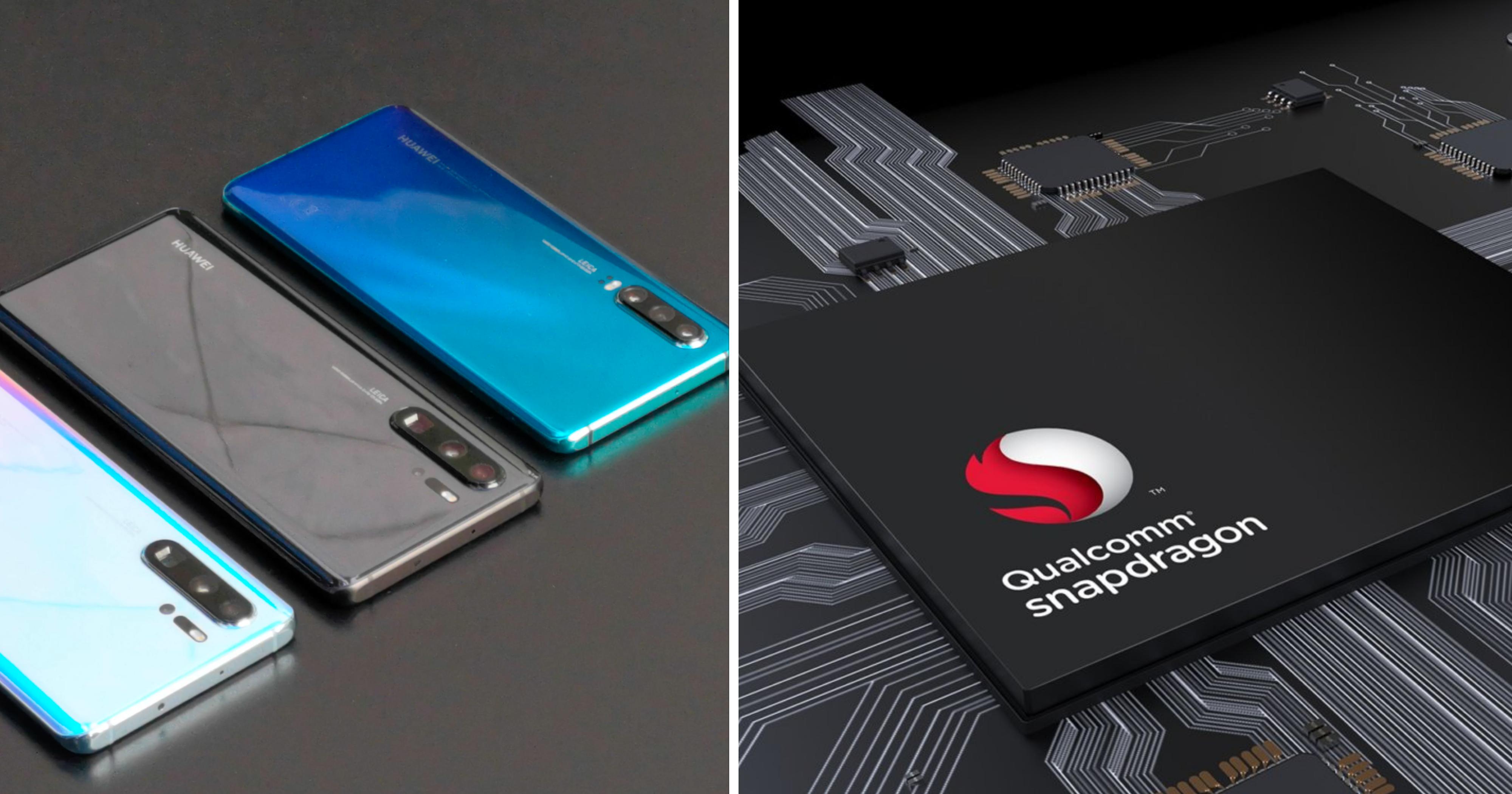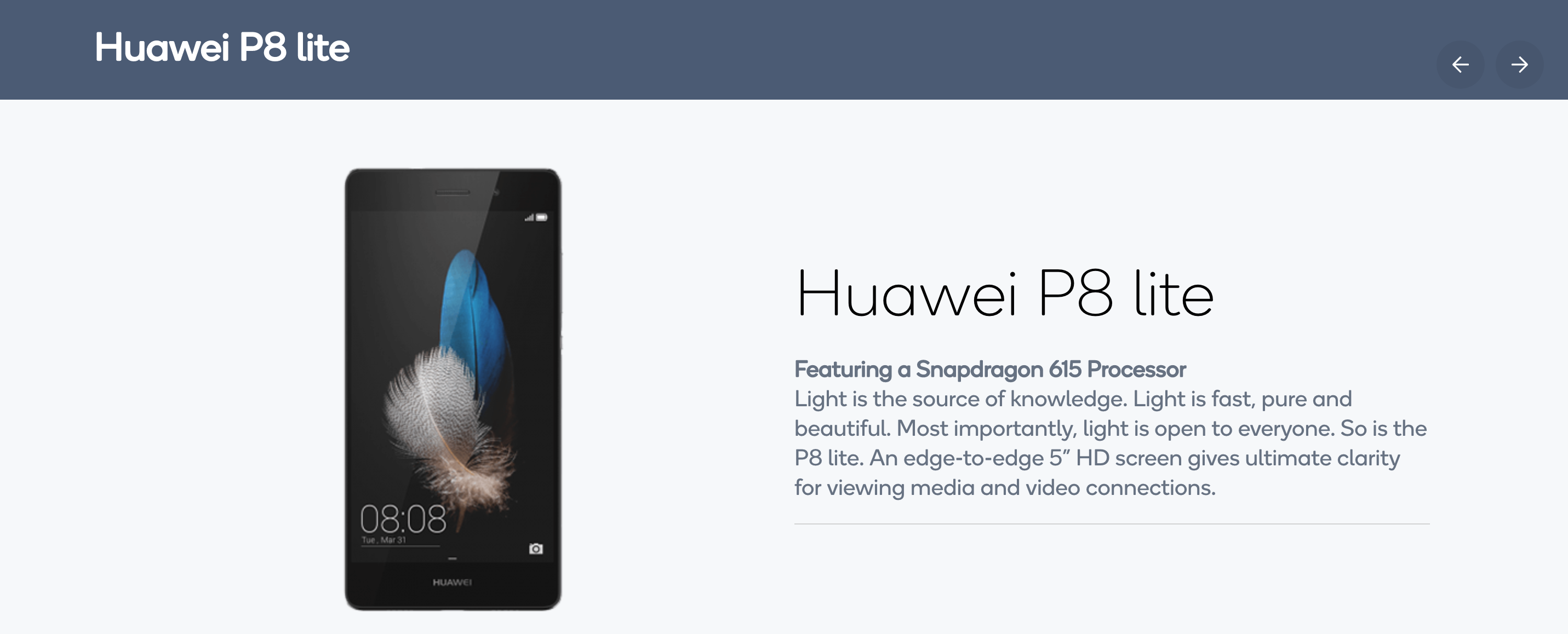Huawei might be in a spot of trouble.
After Google dropped a bombshell regarding their intention to follow through with U.S. President Donald Trump's blacklisting of Huawei, you might have thought that would be it for the day.
This was so after Google will also stop licensing their Android mobile operating system to Huawei.
Unfortunately, more companies have reportedly joined in on the blacklisting.
According to a report by Bloomberg, major chipmakers are starting to fall in line as well.
Here are a list of those who have joined the fray, according to Bloomberg:
"Chipmakers including Intel Corp., Qualcomm Inc., Xilinx Inc. and Broadcom Inc. have told their employees they will not supply Huawei till further notice, according to people familiar with their actions."
This might be a major problem because, for all of Huawei's wherewithal, they might still be quite dependent on U.S. semiconductors:
"Huawei “is heavily dependent on U.S. semiconductor products and would be seriously crippled without supply of key U.S. components,” said Ryan Koontz, an analyst with Rosenblatt Securities Inc."
There were a few Huawei phones that used to house Qualcomm processors.
But most of them have moved on to the Kirin batch, which is built by a Chinese semiconductor company.
European chipmakers are also reportedly falling in line with the new normal.
Nikkei Asian Review reported that German chipmaker, Infineon Technologies, has suspended their shipments to Huawei.
They are, however, expected to hold meetings this week to decide how to proceed after their initial suspension.
Infineon's sales to Huawei is believed to be less than S$140 million, but their decision is expected to have some serious repercussions on Huawei.
One reason for the potential choking off of supplies to Huawei lies in what the "entity rule" imposed by U.S could entail.
Companies that fail to obtain a licence before supplying products to said entity, in this case Huawei, could run the risk of being blacklisted themselves.
Related articles
Image from Zhangxin and Qualcomm/PCWorld
If you like what you read, follow us on Facebook, Instagram, Twitter and Telegram to get the latest updates.

